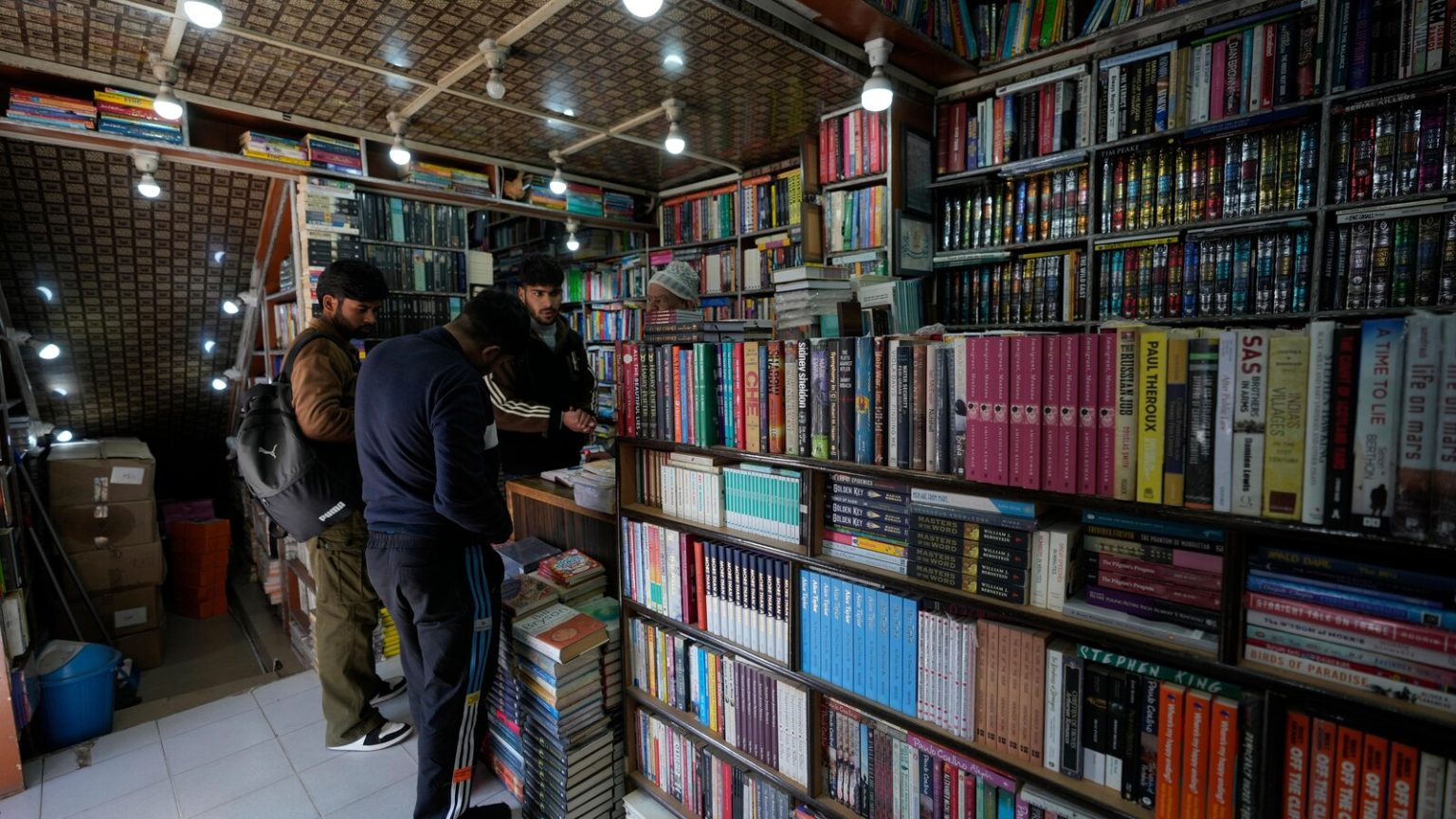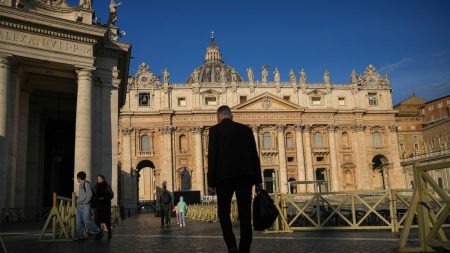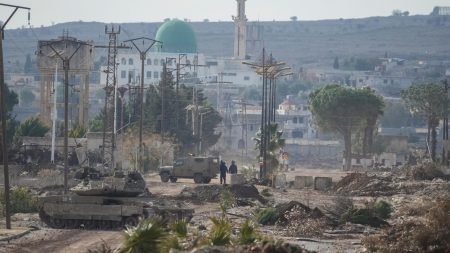Crackdown on Literature: Police Raids in Kashmir Spark Controversy
In a move that has drawn widespread criticism, police in Indian-controlled Kashmir carried out a series of raids on bookstores in Srinagar, seizing 668 books linked to a prominent Islamic organization. The raids, which began on Friday, targeted literature allegedly promoting the ideology of Jamaat-e-Islami Hind, a group banned by the Indian government in 2019. The operation has been described as part of a broader effort to suppress dissent and control the narrative in the disputed region, where tensions between the Indian government and local residents have escalated over the past few years.
The Targeted Literature and Its Significance
The books seized during the raids were primarily published by Markazi Maktaba Islami Publishers, a New Delhi-based company affiliated with Jamaat-e-Islami Hind. Many of the confiscated books were written by Abul Ala Maududi, a renowned 20th-century Islamic scholar and founder of Jamaat-e-Islami. Maududi’s works advocate for the integration of state and religion, a concept that has been deemed problematic by the Indian government. While the police claim that the books violate legal regulations, booksellers and critics argue that the literature was legally published and distributed, raising questions about the legality and motivations behind the raids.
The Broader Context of Kashmir’s Struggle
Kashmir has been a focal point of conflict for decades, with India and Pakistan each claiming sovereignty over the region. Since 1989, militant groups in Indian-controlled Kashmir have been fighting against Indian rule, with many Muslim Kashmiris supporting the goal of either joining Pakistan or achieving independence. India maintains that the conflict is fueled by Pakistan-sponsored terrorism, a claim Pakistan denies. The Indian government’s ban on Jamaat-e-Islami in 2019 was part of a larger crackdown on organizations deemed threatening to national security, but critics argue that such measures are disproportionately targeting Muslim-majority communities and stifling free expression.
The Crackdown on Dissent and Its Implications
The raids on bookstores are the latest in a series of measures by the Indian government to tighten control over Kashmir. Since the revocation of the region’s semi-autonomous status in August 2019, there has been a significant increase in restrictions on the press, internet access, and political expression. The seizure of books has been condemned by many as an attack on intellectual freedom and a blatant attempt to shape public opinion. Resistance leaders and activists have criticized the move, calling it “unjust” and “ridiculous” in an age where information is readily available online.
Resistance and Criticism: Voices from Kashmir
The crackdown has been met with fierce resistance from local leaders and civil society groups. Mirwaiz Umar Farooq, a prominent resistance leader, labeled the police operation “condemnable” and “absurd,” highlighting the futility of trying to control thought in the digital age. Jamaat-e-Islami leaders, who had recently participated in local elections, also issued a statement denouncing the seizures as a violation of fundamental rights. They emphasized that the books were legally published and distributed, and offered to cooperate with any legitimate security concerns. The seizures have further alienated many in Kashmir, who see the move as part of a broader pattern of repression.
The Future of Free Expression in Kashmir
The raid on bookstores in Srinagar is a stark reminder of the shrinking space for free expression in Kashmir. As India continues to consolidate its control over the region, critics fear that such actions will only deepen the sense of alienation and resentment among Kashmiris. The targeting of literature and ideas is seen as a desperate attempt to suppress dissent, but it may ultimately have the opposite effect, galvanizing resistance and further polarizing the region. For many, the question remains: how long can a democracy justify such heavy-handed measures in the name of security, and at what cost to its values of freedom and pluralism?















